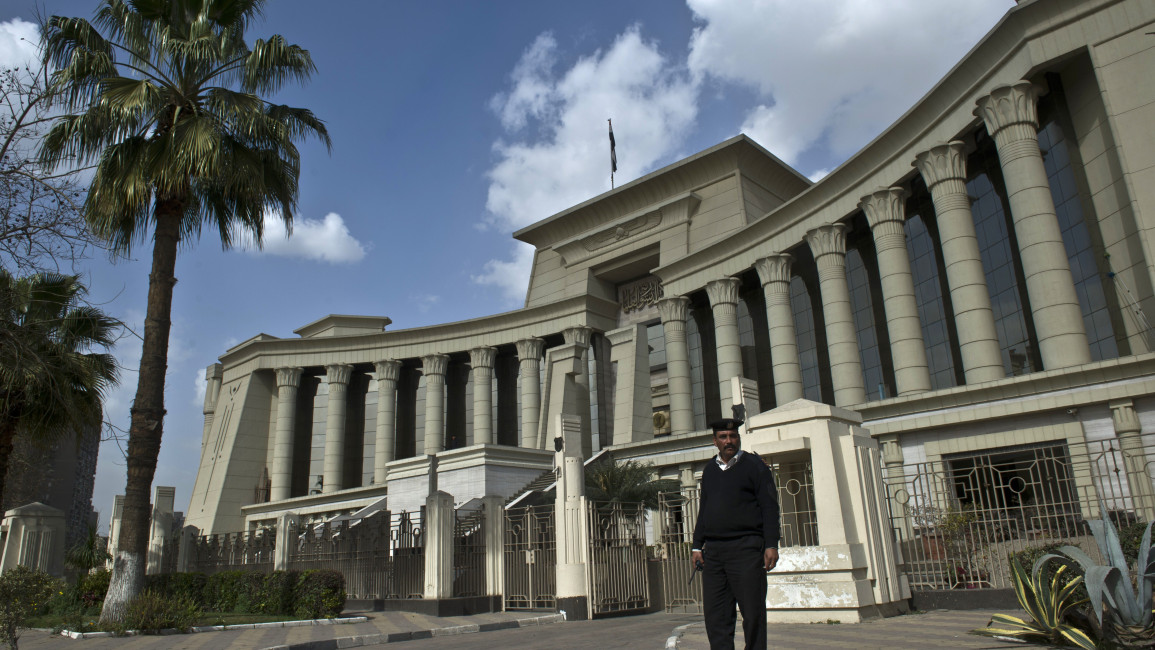First-ever Coptic Christian named president of Egypt's Supreme Court
CAIRO - Supreme court judge Bolis Fahmy became the first-ever Coptic Christian president of Egypt’s Supreme Constitutional Court (SCC) on Wednesday, with his appointment bringing up the issue of representation of Christians in senior positions in the Muslim-dominated country.
Supreme court judge Bolis Fahmy, 65, was appointed head of the court by President Abdel-Fattah El-Sisi on Tuesday, after his predecessor Saied Mar'ie was relieved of his position for health-related reasons.
Fahmy, who took his oath on Wednesday, served as SCC vice-president from 2010 to 2012, then as president of the Cairo Court of Cassation until he was reappointed as SCC vice president in 2014.
Established in 1979, the SCC is the Egyptian judicial authority tasked with overseeing the constitutionality of laws as well as the interpretation of legislative texts.
The head of the SCC and his deputies are appointed by a presidential decree as per a law amended in 2019 and ratified by parliament.
Though Christians form roughly about 10 percent of the country's 101 million-strong population - they have historically been underrepresented in senior positions.
“There are no clear laws prohibiting Copts from holding sovereign positions, but it’s known to all that they are being discriminated against," human rights defender Sherif Azer told The New Arab.
"It is as if there is unseen legislation stating they are second-class citizens not given the same rights granted to the Muslim majority,” Azer said.
Fahmy's appointment raised the question of whether Copts are being given more rights in a country historically theirs.
Prominent political sociologist Said Sadek believes that through Fahmy's appointment, “Sisi's regime builds on promoting itself as a defender of religious minorities and women.”
"We can notice the highest number of Copts and women in Egyptian parliament and senate in history under his rule,” Sadek told The New Arab.
Immigration and expatriate affairs minister Nadia Makram Ebeid is the only Coptic Christian minister in prime minister Mostafa Madbouli's government. Currently, there are 31 Coptic MPs, 24 senate members, and two governors in the country.
“Still there are no [Copts holding] senior army posts, or Christian defence or interior ministers, for example,” Azer said, adding that “the sensitive positions are decided by the president of the country.”
“In a nutshell, naming a Copt as head of the supreme court is a good step, even though it won’t change much the conditions for Copts in Egypt much,” he argued.



